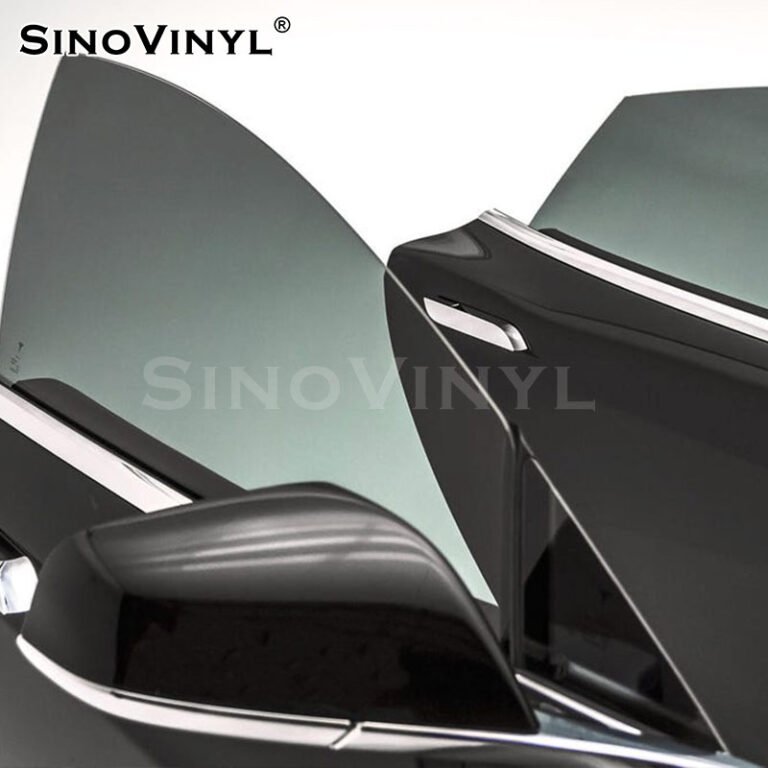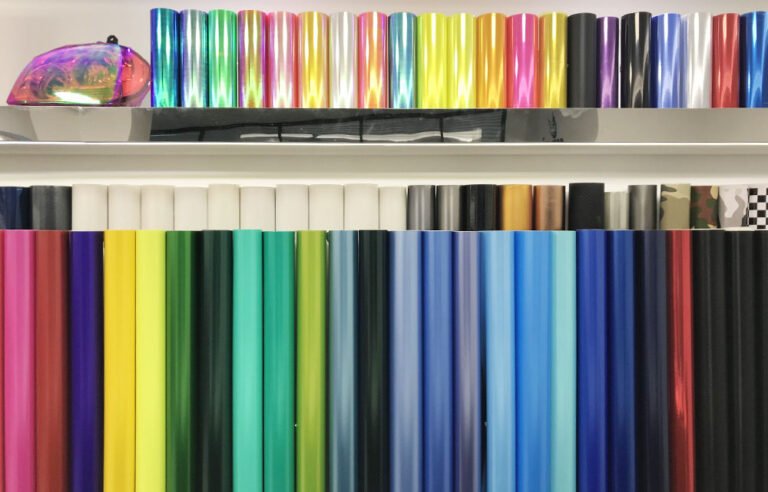Everything You Wanted to Know About Window Tinting
Q1: What are the benefits of window tinting?
A1: Window tinting offers several benefits, including reduced heat and glare inside the car, protection from harmful UV rays, increased privacy, and improved aesthetics.
Q2: How much does it cost to tint car windows?
A2: The cost of window tinting varies based on factors such as the type of film, the size of the windows, the brand, and whether you choose professional installation. Costs can range from relatively affordable to more expensive, especially for high-performance films.
Q3: Can I install window tint myself?
A3: While it’s possible to install window tint yourself using DIY kits, it can be challenging to achieve a professional-looking result. Mistakes such as bubbles, creases, or uneven application are common. Professional installation often yields better and more consistent results.
Q4: How long does window tinting last?
A4: The lifespan of window tinting varies depending on the quality of the film and how well it’s cared for. High-quality films can last anywhere from 5 to 10 years or more, while lower-quality films may deteriorate sooner.
Q5: Will window tinting interfere with my visibility?
A5: Window tinting is designed to be applied in a way that maintains safe visibility from the inside of the vehicle. However, it’s important to choose the right VLT percentage to ensure your visibility isn’t compromised.

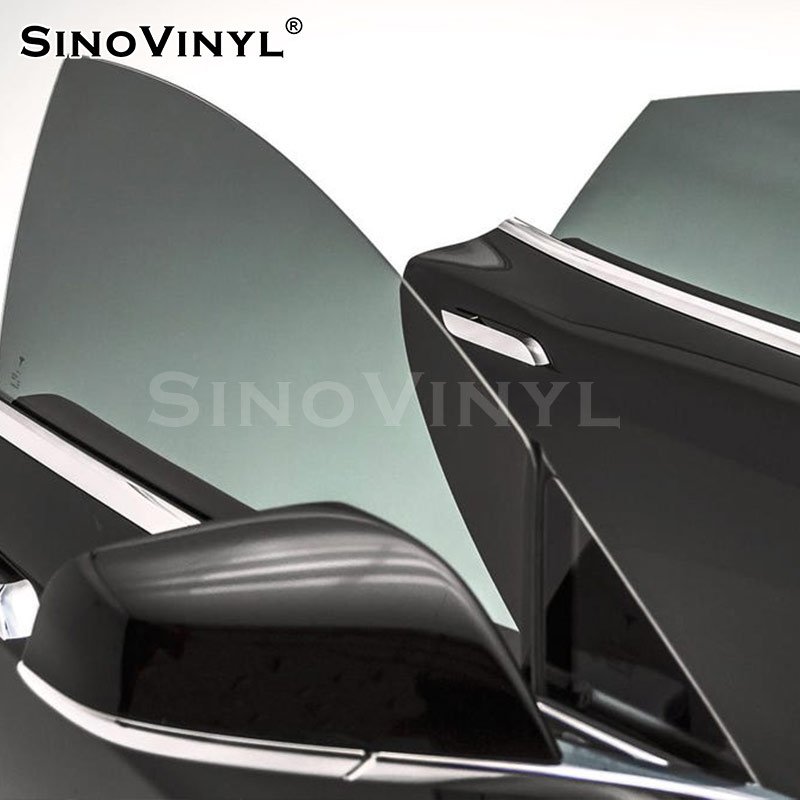
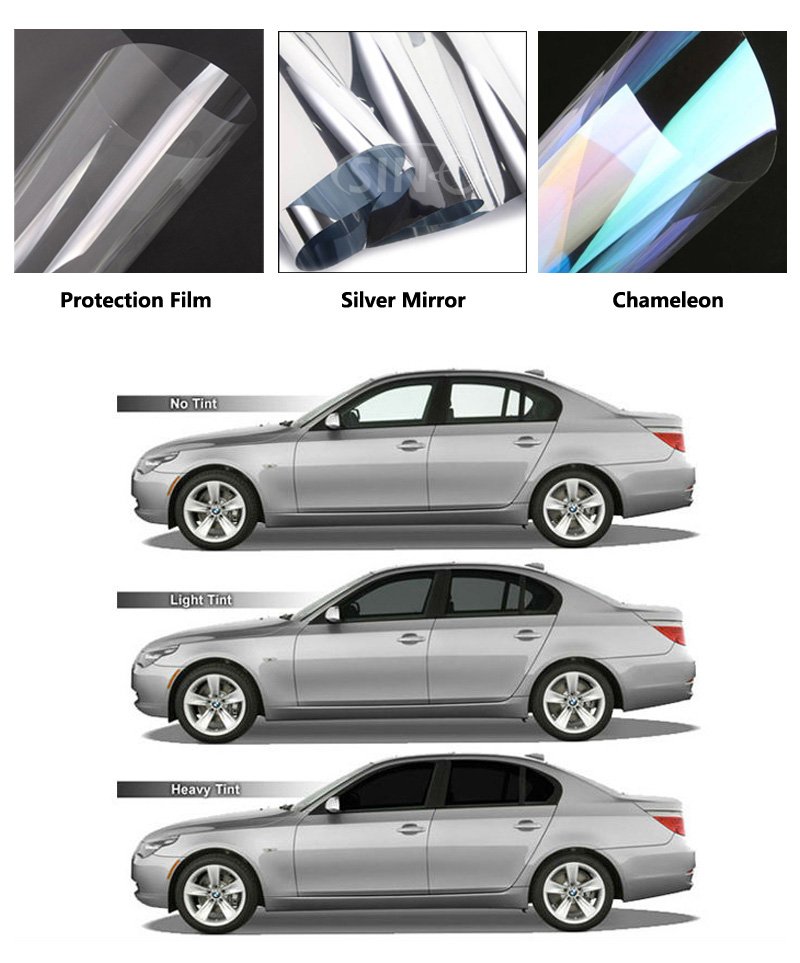
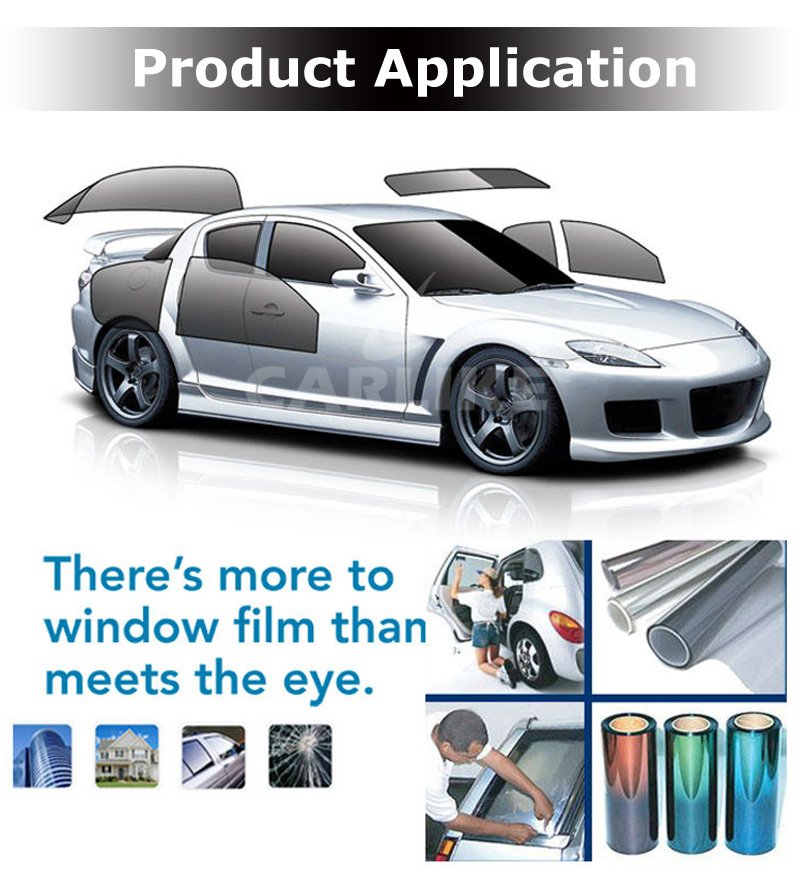

Q6: Does window tinting protect against UV rays?
A6: Yes, many window tint films offer UV protection. They can block a significant amount of the sun’s harmful ultraviolet rays, which can help protect your skin and the interior of your vehicle from fading and damage.
Q7: Can window tint be removed?
A7: Yes, window tint can be removed, but the difficulty of removal depends on the type of tint and how well it was initially installed. Professional removal is recommended to avoid damaging the glass or leaving adhesive residue.
Q8: Can I roll down my windows immediately after tinting?
A8: It’s generally recommended to wait a few days before rolling down your windows after tinting. This allows the tint to properly adhere and cure to the glass.
Q9: Can I wash my windows after tinting?
A9: After professional installation, it’s best to wait a few days before washing the windows to allow the tint to set. When cleaning tinted windows, use a mild, ammonia-free cleaner and a soft, non-abrasive cloth to avoid damaging the film.
Q10: Is ceramic tint worth the extra cost?
A10: Ceramic window tint is known for its superior heat rejection and clarity. It’s often worth the extra cost if you’re looking for optimal performance and enhanced comfort, especially in hot climates.
Remember that these answers are general and may not cover all possible scenarios. Always consult with professionals or local regulations for the most accurate and up-to-date information regarding window tinting.

